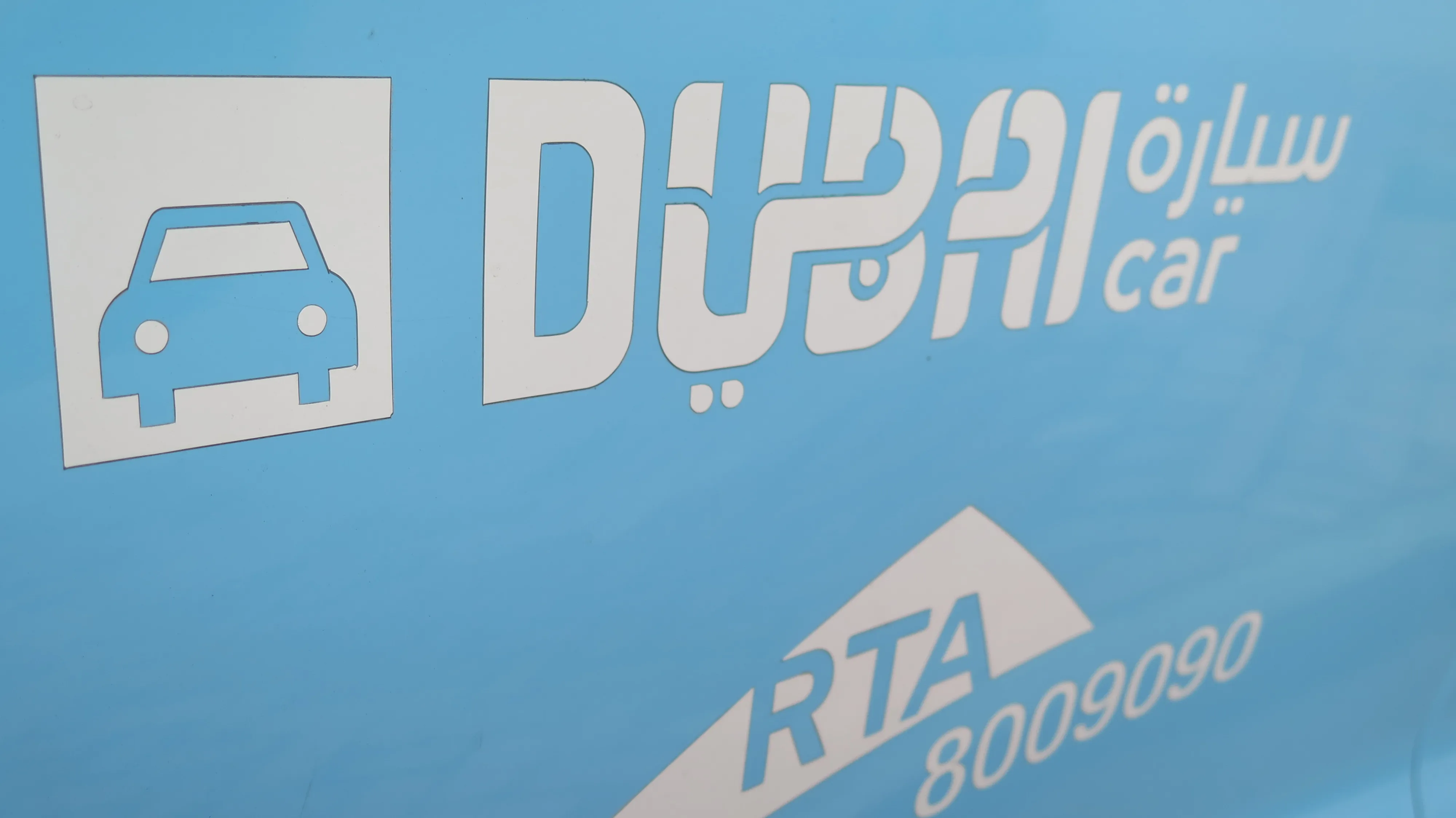
The organisation has signed a deal with UK firm BeemCar to accelerate the installation of futuristic ‘sky pod’ transit in the city, which would see commuters being transported in pods on a network of cross-beams over the heads of pedestrians and drivers.
The pods are described by the manufacturer as a cross between a monorail and a ski-lift.
Dubai’s Self-Driving Transport Strategy aims to divert 25% of total mobility journeys in Dubai to autonomous transit by 2030 – and RTA believes putting commuters into the air could also help congestion.
The four-seater pods are suspended from a drive unit that sits inside a hollow beam, mounted on low friction wheels that go along tracks inside the beam at 50 km/h (30mph), at half second intervals, propelled by linear induction motors.
BeemCar says these beams are arranged in a criss-cross network above a city with a clearance height of 5m below the pods – and can transport more than 20,000 commuters per hour.
RTA says that the operation of such units occupies land area several times less than conventional means of the same capacity.
Director general Mattar Mohammed Al Tayer explained: “The move corresponds to RTA’s efforts to enhance the integration of mass transit modes, and offer a solution to the first- and last-mile challenge which helps riders reach their final destinations.”
Passengers get on board the pods at ground-level stops - like bus stops – which are 500-800m apart.
“Once aboard, the door closes and the pod is accelerated from ground level back onto the main beam, where it slots into a gap between other pods all travelling on the beam in the same direction,” BeemCar explains.
“The pod will travel direct to its programmed destination where it will turn off the main beam and decelerate into the stop, dropping back down to ground level,” the manufacturer’s website says.
“This is achievable as the pod has only a single hinged point of suspension and will remain horizontal irrespective of the gradient of the beam, which can be in excess of 60%, much like a chair lift."










